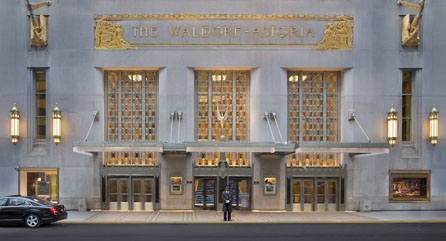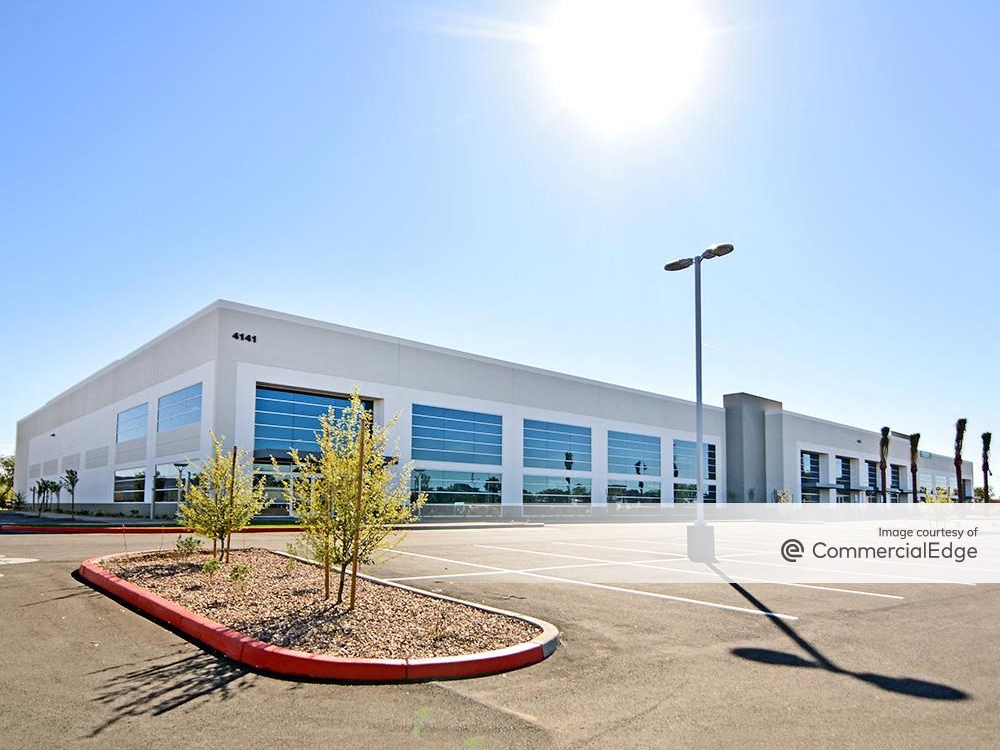Anbang Acquires Waldorf Astoria NY for $1.95B
Anbang Insurance Group Co. has acquired the historic Waldorf Astoria New York from Hilton Worldwide Holdings for $1.95 billion, although the U.S.-based hotel chain will continue to operate the property for the next century.
By Keith Loria, Contributing Editor
 Anbang Insurance Group Co. Ltd. has acquired the historic Waldorf Astoria New York from Hilton Worldwide Holdings Inc. for $1.95 billion, although the U.S.-based hotel chain will continue to operate the property for the next century.
Anbang Insurance Group Co. Ltd. has acquired the historic Waldorf Astoria New York from Hilton Worldwide Holdings Inc. for $1.95 billion, although the U.S.-based hotel chain will continue to operate the property for the next century.
“Although Chinese investors have been active hotel investors over the past year, the Waldorf Astoria deal heralds their arrival as a major player in U.S. commercial real estate markets,” Gregory LaBerge, Marcus & Millichap’s vice president/national director, national hospitality group, told Commercial Property Executive. “The vast capital held by China-based entities continues to search for places to be deployed, especially as growth in China slows. The U.S. market, and the hotel sector in particular, offer a large and diverse pool of assets for Chinese investors to consider for purchase, plus the relative safe haven of owning dollar-denominated hard assets.”
The deal calls for the 1,232-room hotel to undergo a major renovation to restore the property to its historic grandeur.
“We are very excited to be entering into this long-term relationship with Anbang, which will ensure that the Waldorf Astoria New York represents the brand’s world-class standards for generations to come,” Christopher Nassetta, Hilton Worldwide’s president & CEO said in a company statement. “This relationship represents a unique opportunity for our organizations to work together to finally maximize the full value of this iconic asset on a full-city block in midtown Manhattan.”
Rising 47 floors at 301 Park Ave., the Waldorf Astoria New York is the flagship hotel of Hilton Worldwide’s rapidly-expanding luxury brand, Waldorf Astoria Hotels & Resorts. In the past seven years, the brand has increased its footprint more than five times to a portfolio of 27 landmark destinations, including Amsterdam, Beijing, Chicago, Dubai, Jerusalem, Ras Al Khaimah and Shanghai. Its pipeline of nine additional hotels includes key destinations such as Bali, Bangkok and Beverly Hills.
According to LaBerge, the transaction stands alone and defies easy comparison as Manhattan is certainly its own market and the deal proves that investors regard it much differently, and value the assets there more highly, than all other U.S. markets.
“We continue to see equity pour into the hotel sector and a greater number of debt solutions emerging for investors,” he said. “This deal, however, will not have much of an effect on property prices in most metros, but it potentially raises the bar in Manhattan.”
Hilton Worldwide said in a statement that it will use the proceeds from the sale to acquire additional hotel assets in the U.S. in one or more transactions as part of a like-kind exchange under Internal Revenue Code Section 1031. No details were given about these future acquisitions and they will be finalized and announced at a later date.
“Hilton’s announced intentions to redeploy the sales proceeds into other hotels injects a great sum of equity into the transaction sphere. The question remains whether they will do a series of one-off deals or take aim at large portfolios,” LaBerge added. “Subsequent to closing, the deal puts a lot of pressure on Hilton to effectively redeploy the proceeds into other properties. At the very least, there exists an opportunity for Hilton to replace the single-asset exposure inherent with owning the Waldorf with a multi-property portfolio that is more geographically diverse and potentially spread over a number of chain scales.”
Nicknamed “The Greatest of the Them All” by Hilton Worldwide’s founder Conrad Hilton, the hotel features more than 60,000 square feet of high-tech equipped function space, cosmopolitan restaurants (including Peacock Alley, Bull and Bear Prime Steakhouse and Oscar’s), bustling lounges and bars, the Guerlain Spa, a state-of-the-art business center and numerous boutiques.
While the transaction was surprising in one sense, from a business perspective, LaBerge said it appears to be a prudent decision on Hilton’s part.
“The firm effectively swapped out the relatively riskier and potentially more volatile returns associated with owning an asset for the steadier and more reliable income stream that comes from simply running the property and collecting the management fees,” he concluded. “In this sense, the deal is a classic example of the ‘asset light’ strategy frequently deployed by the brands. Time will tell, but Hilton’s stakeholders will likely end up rewarding the company for this transaction.”







You must be logged in to post a comment.